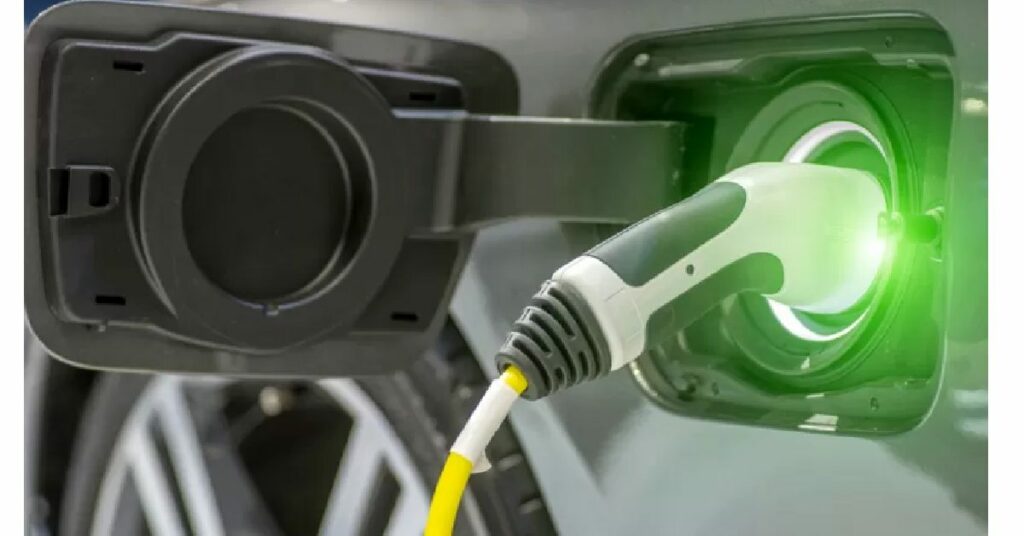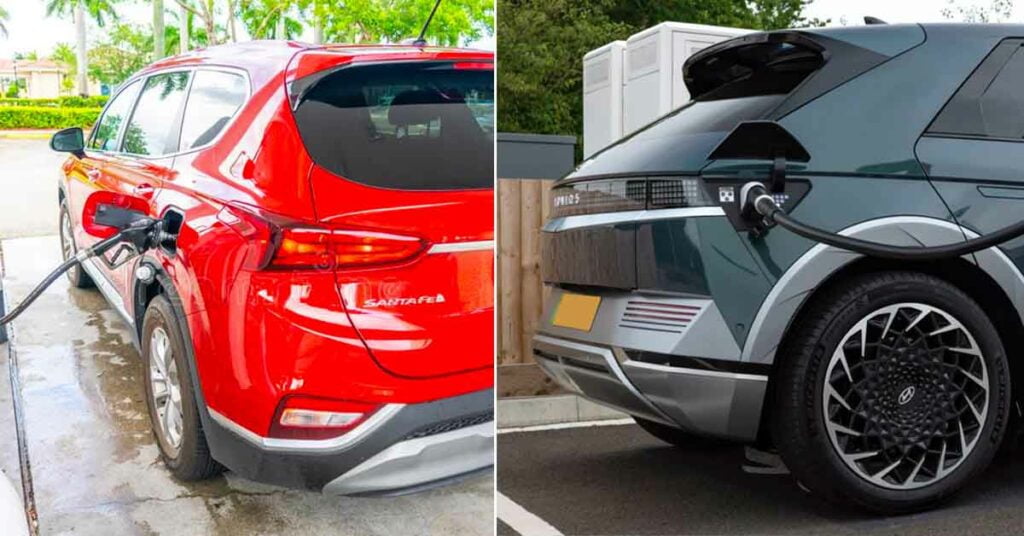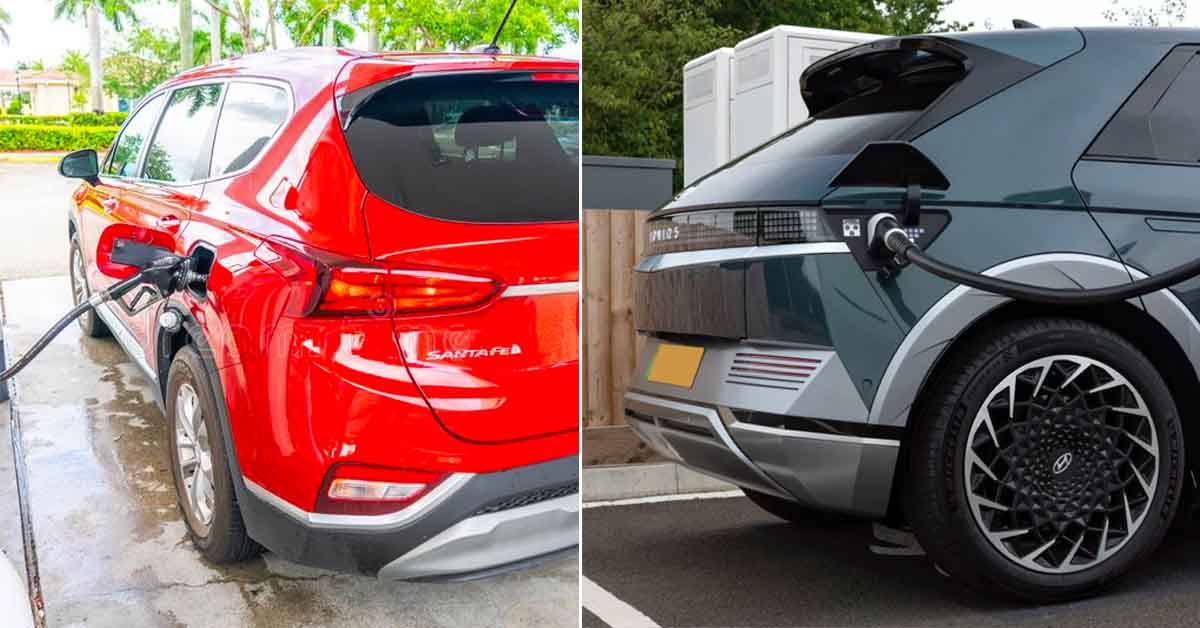It might not be all that easy to comprehend at first, but it is entirely possible that electric car charging costs could be the same as petrol in the UK.
In this article, we take a look at the electric car charging prices in the UK and compare them to what it would cost to cover the same distance using petrol. According to RAC, the price per mile for people using ‘rapid’ public charging points in the UK is almost the same as using petrol. The price to charge EVs at home is cheaper, but domestic bills are rising too. The Russia-Ukraine crisis is a major contributor to the rise in electricity and gas prices.
You may also like: Best Electric Cars in Singapore – Tesla to BYD
You may also like: Tesla Locks Owner Out of His Model S For Not Paying Rs 20 Lakh for New Battery

You may also like: Mini Cooper Electric Breaks World Record for Tightest Parallel Parking in EV
Electric Car Charging Prices in the UK
As per the RAC report, the price to charge EVs at a public rapid charger has increased by 42% since May to an average of 63.29 p per kWh. This roughly translates to around 18 p per mile which is just 1 p less than petrol cars based on an average of 40 miles per gallon usage. The price for charging EVs at home is around 9 p per mile for an average-sized car. “For those that have already made the switch to an electric car or are thinking of doing so, it remains the case that charging away from home costs less than refuelling a petrol or diesel car, but these figures show that the gap is narrowing as a result of the enormous increases in the cost of electricity,” RAC spokesman Simon Williams said.
You may also like: Riteish Deshmukh Buys BMW iX Electric SUV Worth Rs 1.16 Crore
“These figures very clearly show that it’s drivers who use public rapid and ultra-rapid chargers the most who are being hit the hardest.” He further said that the government’s support package for household bills is limited to about £2,500 per year until 2024 which would benefit drivers charging EVs at home. But people charging at public stations are set to face a tough time. He said the cap on wholesale energy prices for businesses, which will see bills cut by around half their expected level this winter, “should lead to some price reductions by charge point operators in the coming weeks but what EV drivers don’t want to see is operators having to hike their charges next spring if wholesale costs keep climbing,” he said.
You may also like: Home-Made Electric Bicycle Travels Upto 40 km/h on Full Charge
Call to Reduce VAT
The RAC is calling to reduce VAT at public chargers from 20% to 5% which is the same as the domestic rate. “That would reduce the cost of an 80% rapid charge by 7.91p to 55.38p per kWh, and an ultra-rapid charge by 7.99p to 55.95p per kWh and would not unfairly penalise those drivers who can’t charge their cars at home,” Mr Williams said. Quentin Willson, the founder of the FairCharge campaign, said the government needed to “act” on charging costs by capping rises of public charging costs and lowering VAT. “If they don’t, all those years of promises of a zero-emission future, clean air and energy independence will have come to nothing,” he added.
You may also like: Now Charge Your Electric Car Faster Than Your Smartphone!
The Department for Transport said that electric vehicles continued to “offer opportunities for savings against their petrol and diesel counterparts, with lower overall running costs thanks to cheaper charging, lower maintenance costs and tax incentives”. “We want consumers to have the confidence to make the switch to cleaner, zero emissions cars, and that is why we continue to support the growth of our world-leading charging network and have pledged £1.6bn since 2020 to delivering charge points across the country,” a statement added.
You may also like: Petrol Bike Converted To Electric in Rs 18,500, Offers 200km Range

Electric Cars to Eventually Get Cheaper
The initial prices of electric cars are thousands of pounds more than their petrol or diesel counterparts. The reason for that is the high costs of the EV batteries and the high level of capital needed to transform existing factory production lines to manufacture the new technology. However, costs are likely to come down in the near future: industry group the Society of Motor Manufacturers and Traders forecasts electric and internal combustion engine cars should cost roughly the same “by the end of this decade”.


